Tag: Shiv Kunal Verma
-

Book Excerpt: 1965 – A Western Sunrise
In a scenario where decision-making was highly personalized, once Bhutto gave Ayub Khan the assurance that India would confine the fighting to Kashmir, he gave it the go-ahead. The question then arises:…
-
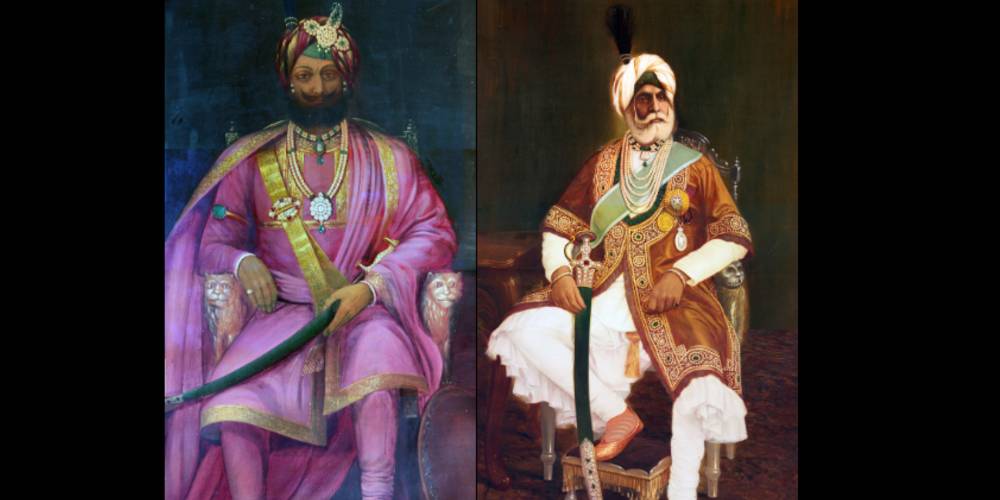
Kingdom of mountains: Dogras and the East India Company
The Treaty of Amritsar, between the East India Company and the Dogra ruler, Raja Gulab Singh on 16 March 1846 was a watershed, for it not only created the princely state of…
-
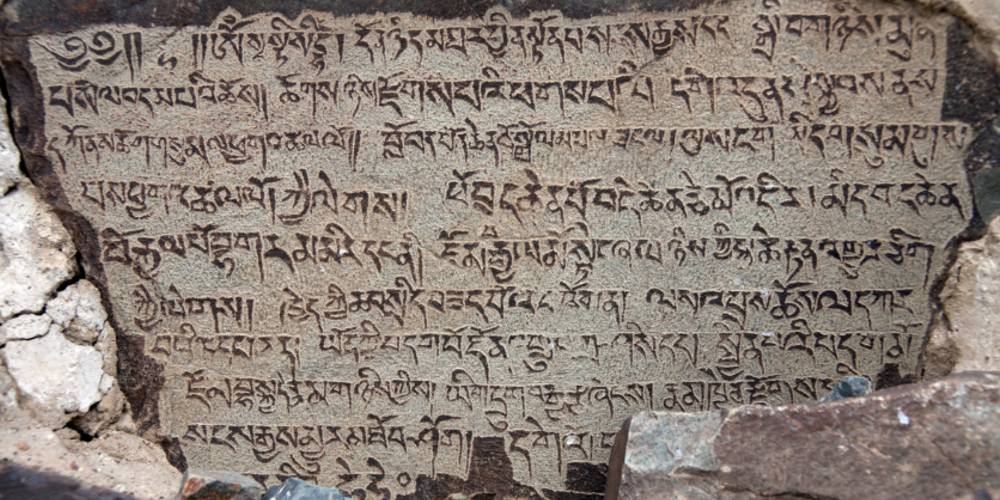
Stones of silence: Ladakh and beyond
Given the nature of the terrain, the Indo-Tibet boundary was always going to be a problem. Apart from its vastness—extending from the Karakorams in the west to the area beyond the Lohit…
-
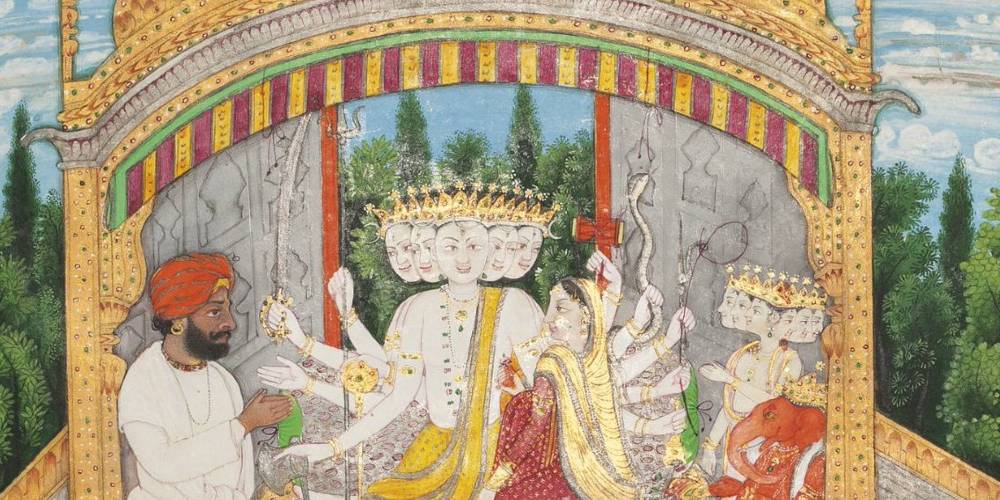
Mastermind: The emergence of Gulab Singh
His fighting credentials apart, Gulab Singh’s overall grasp of the strategic situation in northern India at that time was quite extraordinary.
-
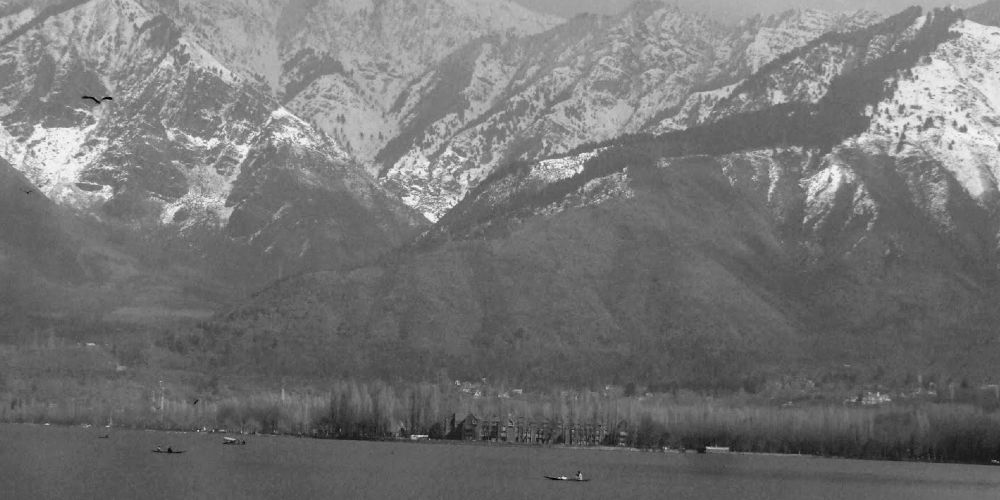
Dining at the high table: The early military history of Kashmir
A recap of major events during the early period extending from Ashoka to Ranjit Singh helps us to understand the region and the importance of modern day frontiers better.
-
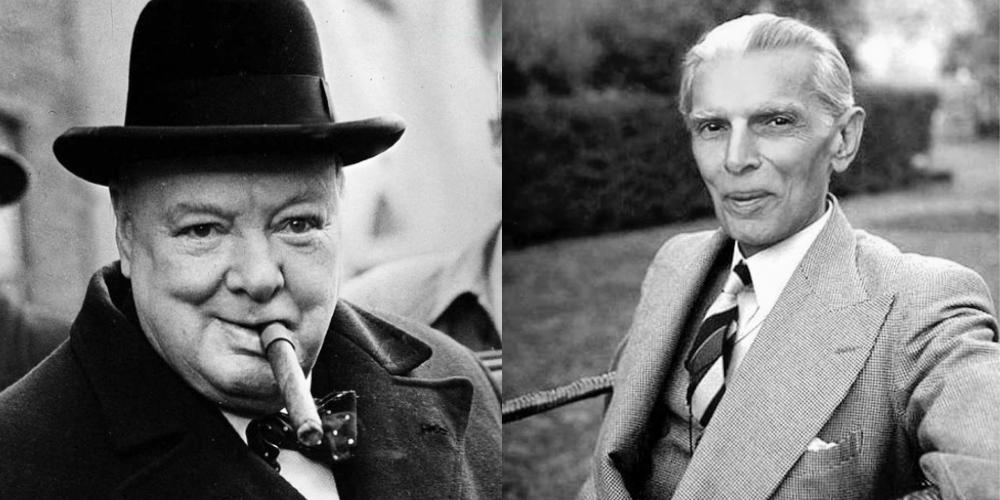
Puppeteers without strings: Pied pipers of hate
A hundred years have passed since the diabolical plan to split India was first conceived and tabled, and yet successive generations in both India and Pakistan, and in Kashmir, have failed to…
